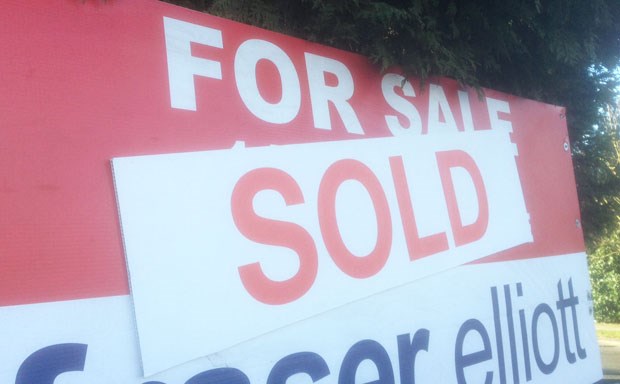Delta homeowners will soon learn the newly assessed value of their homes, but B.C. Assessment has already let it be known Lower Mainland townhouse and condo owners will see a big jump.
The assessment authority said typical detached single-family homes are very stable in the Metro Vancouver areas of Richmond, Vancouver, the North Shore and Burnaby, showing nominal changes in the zero to five per cent range. However, other areas of the province can expect greater increases of 10-to-20 per cent for detached single-family homes, particularly across the Fraser Valley, Vancouver Island and the Okanagan.
When it comes to Metro Vancouver townhomes and condos, bigger increases will be seen. The residential strata market is “quite robust” with typical increases expected to be in the 10 to 30 per cent range across Metro Vancouver, Fraser Valley, Vancouver Island and the Okanagan. The highest increases will be seen in Metro Vancouver and Fraser Valley, according to B.C. Assessment.
When it comes to just how much of a price increase has been seen in Delta over the past year in the real estate market, the Real Estate Board of Greater Vancouver’s sales figures for last month note the “benchmark” price for a detached single-family house in Ladner increased 1.8 per cent year over year, while in Tsawwassen it was 4.9 per cent.
Townhomes in Ladner, meantime, increased 19.9 per cent, while in Tsawwassen it was 26 per cent. Condos in Ladner increased 8.2 per cent, while it was 11 per cent in Tsawwassen.
In North Delta, according to the Fraser Valley Real Estate Board, the benchmark price of a house over that same period increased 7.2 per cent, but for townhomes it was 32.6 per cent.
Condos, though, dropped almost 25 per cent. A flood of new product came in the North Delta market over the past year with the new Delta Rise high-rise.
It is important to understand that large increases in property assessments do not automatically translate into a corresponding increase in property taxes, B.C. Assessment explains. How your assessment changes relative to the average in your community is what might affect your property taxes.
B.C. Assessment has provided early notification to property owners of 67,128 properties that can expect to see increases substantially above the average changes in their areas.
Assessments are based on values as of July 1, so price increases in the latter half of the year won’t have a bearing on upcoming assessment notices.
B.C. Assessment says the average change for your property class will be available Jan. 2, 2018.



